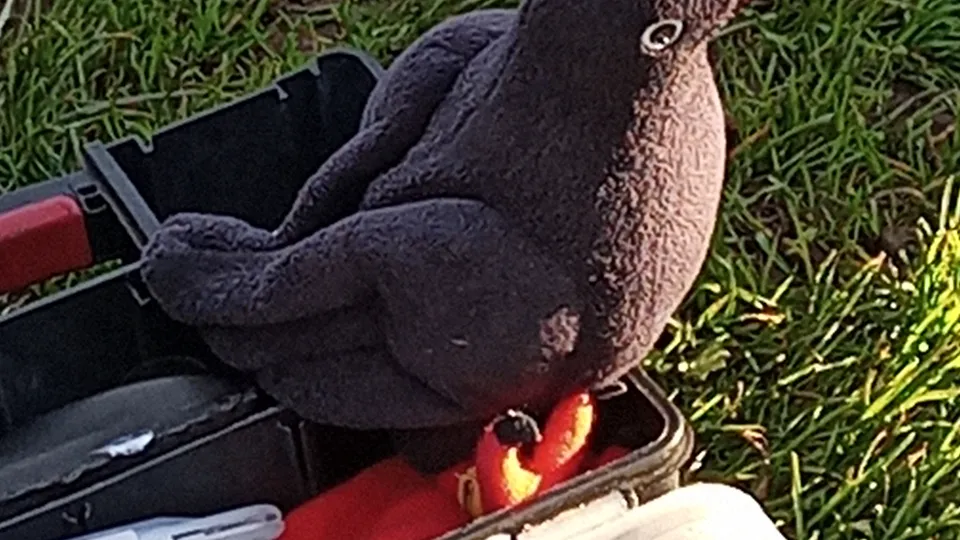
Temple Ewell’s Chough Champions
Temple Ewell is a proud to be the pilot school for Chough Champions, a recent addition to the Wilder Kent Awards. Learn more about the initiative here.

Temple Ewell is a proud to be the pilot school for Chough Champions, a recent addition to the Wilder Kent Awards. Learn more about the initiative here.
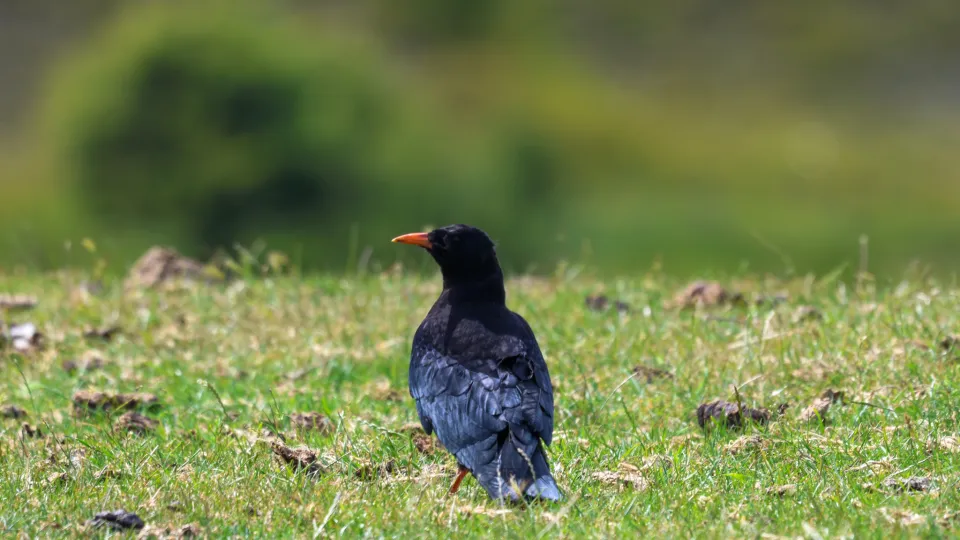
Conservationists celebrate landmark moment in bid to return red-billed choughs to South East England.
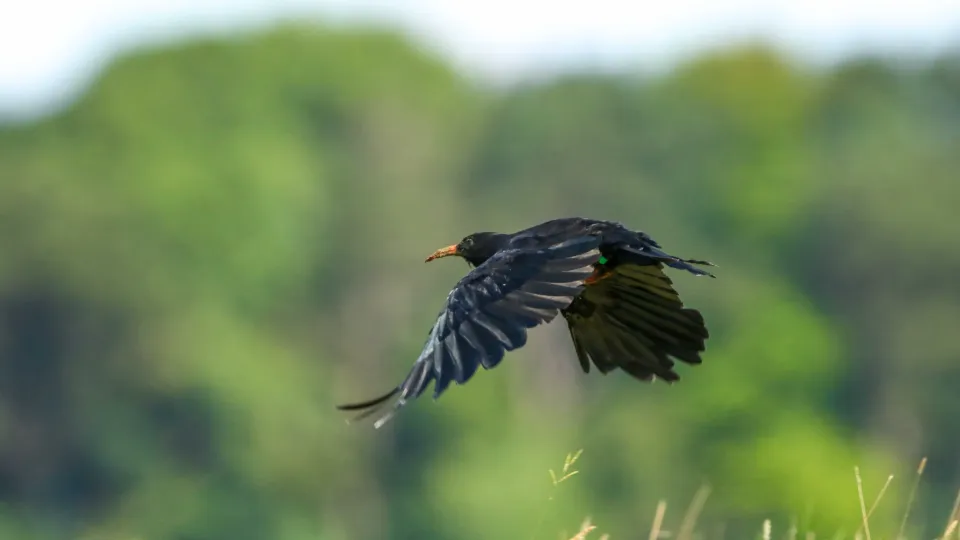
Kent Wildlife Trust's Chough Appeal is more than just a conservation initiative—it’s a powerful tool for community engagement and education. This blog is written by Jenny Luddington, the Youth Education and Engagement Officer for Kent Wildlife Trust...
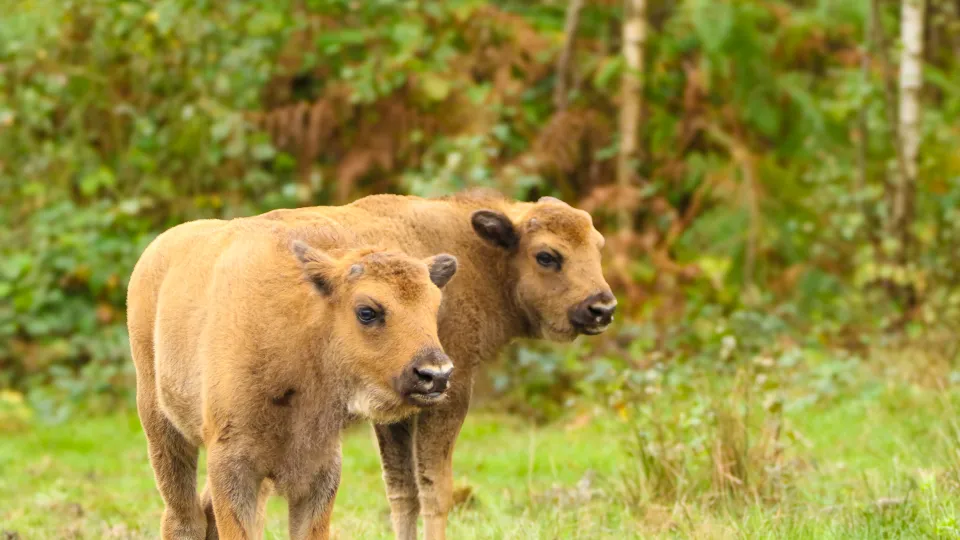
Snap Elections, Bison calves and a runaway goat! 2024 has been a whirlwind, hasn’t it? Between surprise elections, England almost bringing football home, and the groundbreaking construction of bison bridges, it’s been a year to remember. But while the headlines grabbed our attention, what about the wildlife in Kent? Sally Smith, PR and Advocacy Manager for Kent Wildlife Trust takes us on a trip down memory lane to reflect on this wild year.
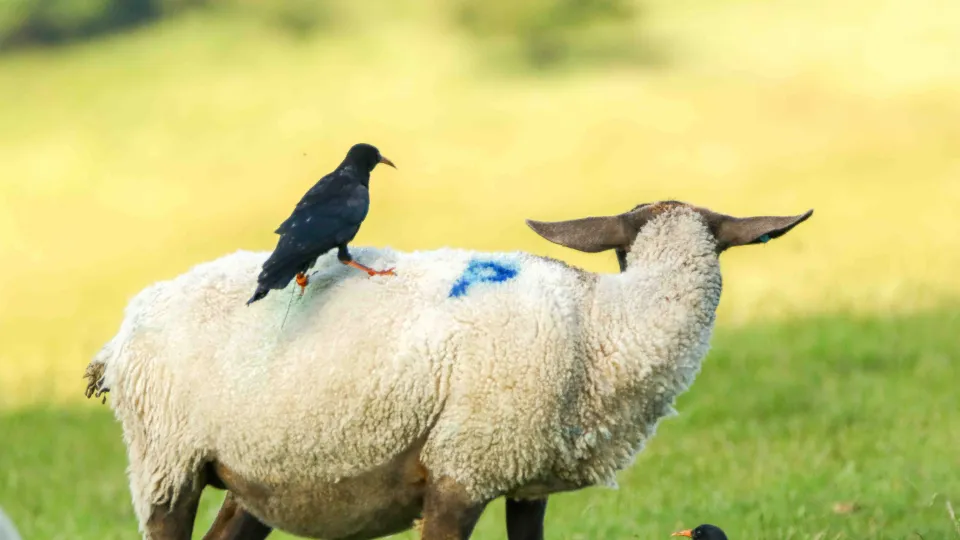
Over forty years ago, the landscape of Dover began a transformation. Chalk grassland in Kent had dwindled under the pressures of intensive farming and habitat loss. This is the story of how chalk grassland restoration paved the way for one of nature’s greatest comebacks in Kent: the return of the red-billed chough.
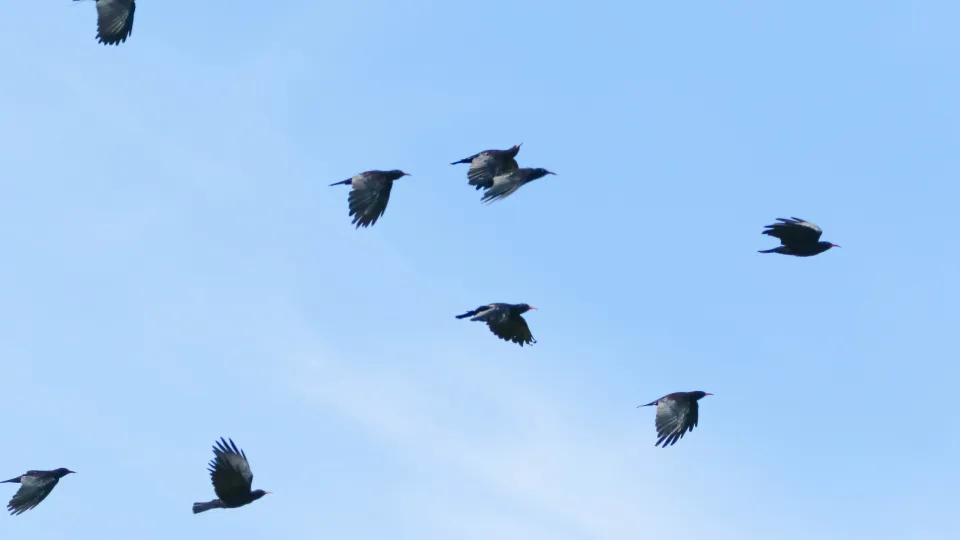
Nature-themed crafts on offer for young visitors to the festival

A total of nineteen red-billed chough have now released into the wild as part of a groundbreaking conservation project to return the at-risk species to Kent.
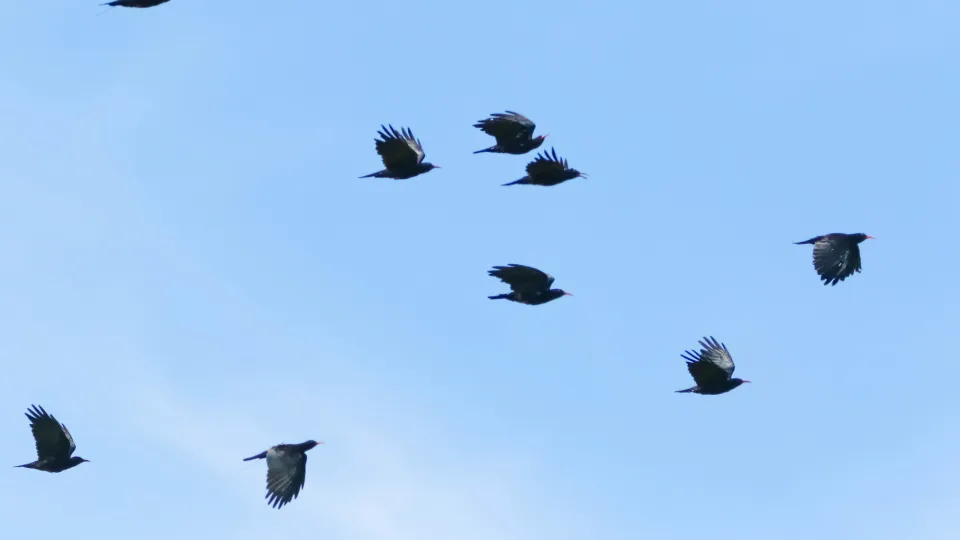
Choughs breed in the wild in the Kent for the first time in two centuries as the second season of releases gets underway.
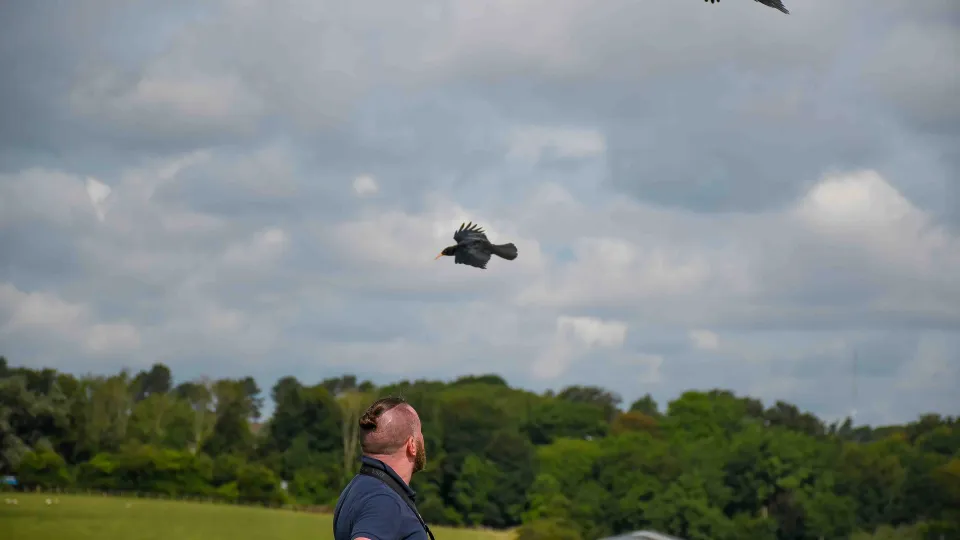
Part of the groundbreaking conservation project to return the iconic species to the Kent skyline
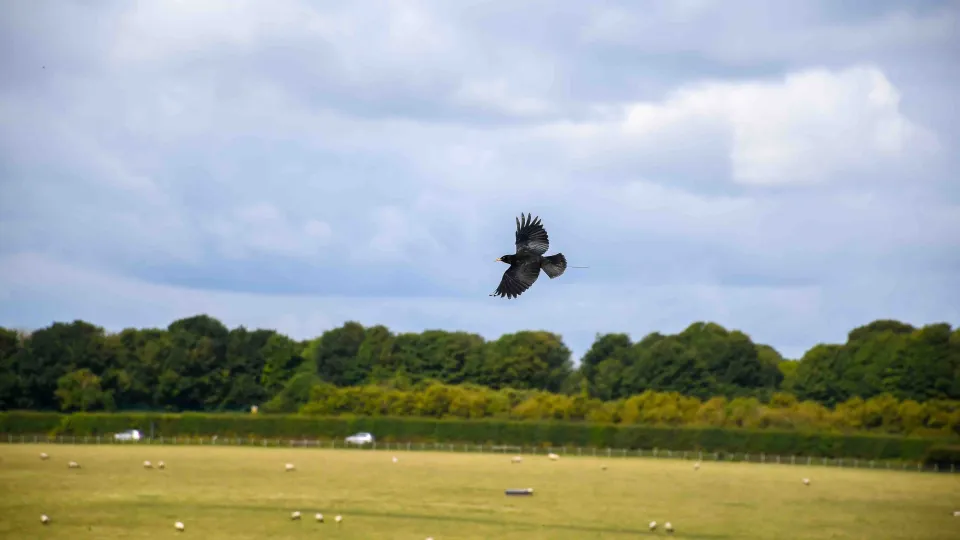
The reintroduction of Kent’s flagship bird, the red-billed chough, has inspired a folk duo to write a song about the mythology of the species, which has been entered into a song competition.